Plants ordered now will ship Spring 2026 🙂
Cramp Bark (Viburnum opulus) tree in a 9 inch pot, organic
$21.00
Family: Moschatel (Adoxaceae)
Zones 3 to 8
(Highbush Cranberry) Making decorative, snowball-like flowers in the spring, shiny red berries in the summer and brightly colored leaves in the fall, this gorgeous bush can grow to 20 feet with a 15 foot spread. The fresh berries may be made into wine or mead, or cooked down into a lovely sauce or jam, more or less sweet depending on how much sugar is added. The bush itself is used extensively in landscaping, and may be kept trimmed back if space does not allow for full expression. Traditional usage (TWM, NAM): The tea or tincture of the bark, readily stripped from the thinnings in spring and dried, has been used since antiquity to alleviate menstrual cramps, being nontoxic, non-inebriating, universally acceptable and reliable. Tree prefers full sun to part shade and regular garden soil. Bare-root trees should be potted up to gallons or planted to landscape on receipt. Water well. Space at least 15 feet apart.
tree in a 9 inch deep pot, Certified Organically Grown
Out of stock
Related products
-
Jade Plant, Gumby (Crassula portulacea) plant, organic
$11.00 – $30.50Price range: $11.00 through $30.50 Select options This product has multiple variants. The options may be chosen on the product page -
Yucca, Red (Hesperaloe parviflora), potted plant, organic
$16.00 – $41.00Price range: $16.00 through $41.00 Select options This product has multiple variants. The options may be chosen on the product page -
Life Plant, Good Luck (Kalanchoe houthonii), organic
$8.50 Select options This product has multiple variants. The options may be chosen on the product page

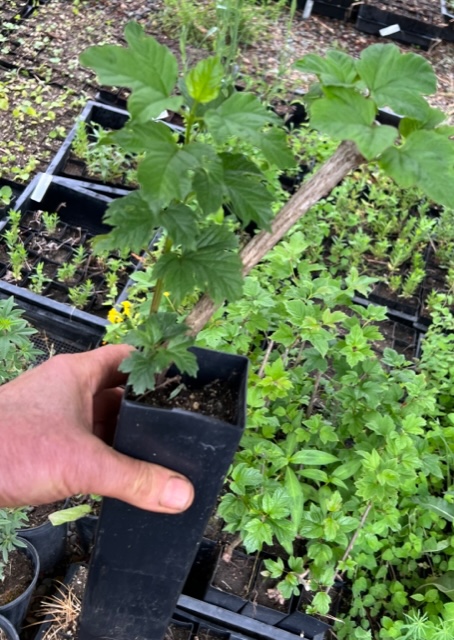
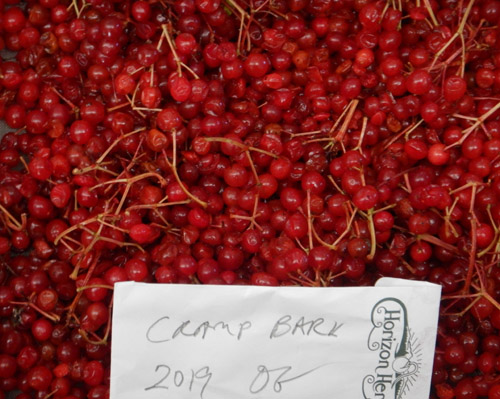
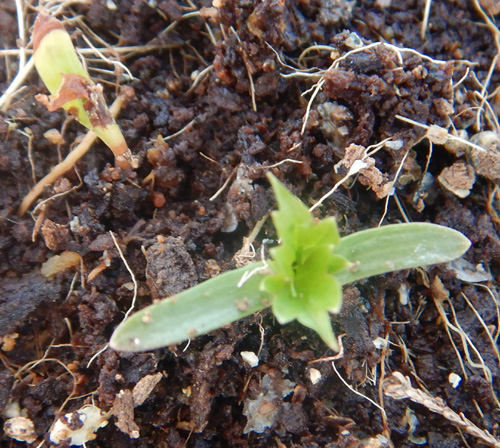
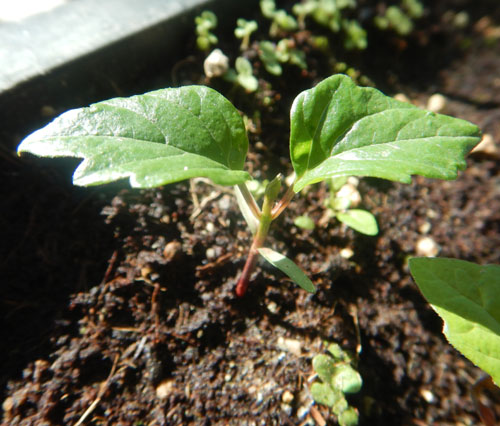
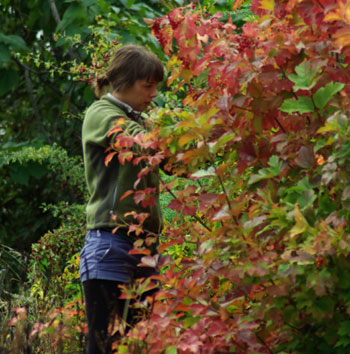
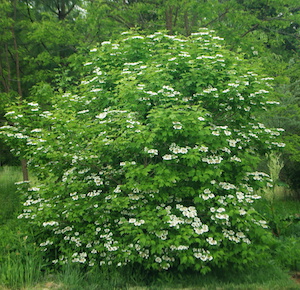
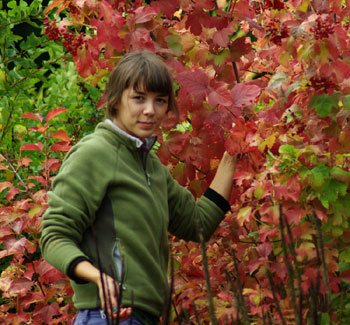
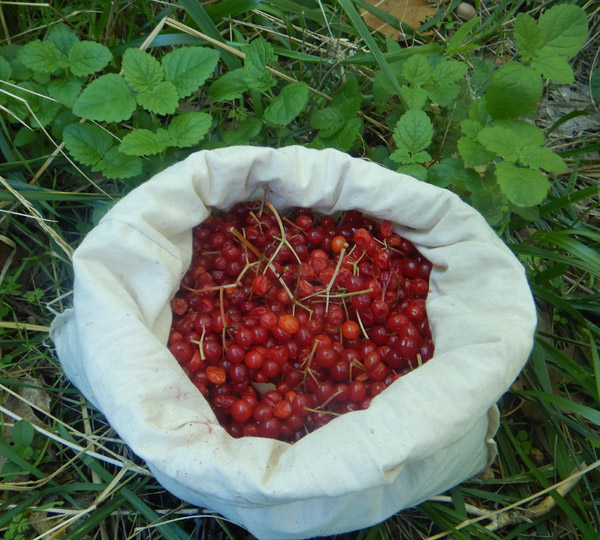
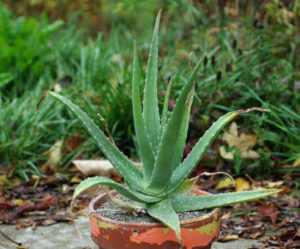
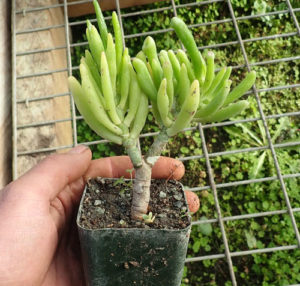

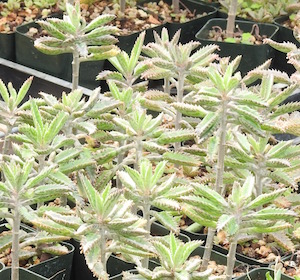
Question
Amanda –
How well would this do in a pot? We’re currently renting for the next year or two. Is that too long to keep in a pot?
Upvote if this was helpful (0) Downvote if this was not helpful (0) Watch Unwatch Flag for removal
Richo Cech –
Hi Amanda,
Thanks for contacting! I usually keep them potted up for 2 years before transplanting to the landscape.
All the best,
Richo
Upvote if this was helpful (0) Downvote if this was not helpful (0) Flag for removal
Question
Chanatel –
Hi! i live in zone 5 and if i was to order today and receive in september, how would i make sure the plant survives winter?
Thank you.
Upvote if this was helpful (0) Downvote if this was not helpful (0) Watch Unwatch Flag for removal
Richo Cech –
hello chanatel, i wouldn’t recommend doing this in a zone 5normally in a zone 7 and up the woody perennials can be up-potted on receipt and overwintered in a sheltered location (mulched) outdoors. Those living in colder zones need to greenhouse their potted plants to overwinter, or purchase in the spring. Hit waitlist. richo
Upvote if this was helpful (0) Downvote if this was not helpful (0) Flag for removal
Audrey –
Hi Richo, Question about working with the bark. I always see people working with dried bark, almost never fresh. Is there a reason for this? Does fresh bark have toxicity concerns? Thanks 🙂
Upvote if this was helpful (0) Downvote if this was not helpful (0) Flag for removal
Richo Cech –
hi audrey,
thanks for writing,. check pages 154 to 155 of “Making Plant Medicine.” The fresh bark is nontoxic as is the dried. Drying helps develop the valerenic acid and makes for easier grinding, which increases surface area and assists in efficient extraction. richo
Upvote if this was helpful (0) Downvote if this was not helpful (0) Flag for removal
Question
Peggy Kaase Malone –
Hey there! I’ve been a seed customer of yours for years and when I moved onto our homestead long ago we discovered what we believe to be Crampbark/ Virburnum Opulus, but it does not fruit. I wonder if you know if the sterile kind is still just as medicinal as the ones that produce berries? We WISH it produced berries, but this is what we’ve got to work with for now! 😉 Thank you for any input you have on this! ~Peggy Kaase (Western North Carolina at Belly Full Plants Nursery)
Upvote if this was helpful (0) Downvote if this was not helpful (0) Watch Unwatch Flag for removal
Richo Cech –
hi peggy, its a bit complex but i’ll try (all of this is front and center in my not yet published second volume of “growing plant medicine.”) there are 2 closely allied cramp barks–Viburnum opulus (old world) and V. trilobum (new world), so you have one or the other of them. Cramp bark is an obligate outcrosser and requires pollination from a like plant of different parentage. So if all your plants are clones of one plant then that’s why they’re not seeding. Find out which kind you’ve got, and get another one and plant it nearby and you’ll have plenty of fruits. richo
Upvote if this was helpful (0) Downvote if this was not helpful (0) Flag for removal
Question
DH –
I just noticed that you can ship these plants this season yet, in September. Can they successfully be planted then in our area of west central Minnesota at that time of the year> Thanks much
Upvote if this was helpful (0) Downvote if this was not helpful (0) Watch Unwatch Flag for removal
Richo Cech –
Hi DH, depending on your zone woody perennials may or may not be a good choice for fall planting. Specifically for cramp bark, zone 7 and up fall planting ok. zone 6 and under better to spring plant. richo
Upvote if this was helpful (0) Downvote if this was not helpful (0) Flag for removal
Olga Petrova –
Do they need second plant for pollination? Thank you.
Upvote if this was helpful (0) Downvote if this was not helpful (0) Flag for removal
Richo Cech –
yes, these are obligate outcrossers, requiring pollination from a different tree of different parentage. richo
Upvote if this was helpful (0) Downvote if this was not helpful (0) Flag for removal
Question
DH –
Will the plants be available for spring planting 2024?
Upvote if this was helpful (0) Downvote if this was not helpful (0) Watch Unwatch Flag for removal
Richo Cech –
Hi DH, these sell out as soon as we put them up for sale. Please hit waitlist and when you get the e-mail do not hesitate.
Richo
Upvote if this was helpful (0) Downvote if this was not helpful (0) Flag for removal
Question
Debbie (verified owner) –
I would like to dig the hole for my bare root Cramp Bark tree before it arrives. How deep and wide does the hole need to be? Any soil pH preferences for this tree? Thank you.
Upvote if this was helpful (1) Downvote if this was not helpful (0) Watch Unwatch Flag for removal
Richo Cech –
1 foot wide and 18 inches deep. i don’t recommend compost in the hole, rather once the tree is planted, remove grasses and weeds from around the trunk and mulch the soil surface with compost or decomposed leaves or forest debris.
Upvote if this was helpful (1) Downvote if this was not helpful (0) Flag for removal
Question
Gladys –
Can Viburnum opulus be pruned to a smaller size?
Upvote if this was helpful (1) Downvote if this was not helpful (0) Watch Unwatch Flag for removal
Richo Cech –
Hi Gladys, yes, these are quite prune-able and can be kept to a small bush. They don’t mind being cut back spring or fall. r
Upvote if this was helpful (1) Downvote if this was not helpful (0) Flag for removal
Gladys –
Thanks, Richo. If I do prune it to a smaller size, would I lose the flowers? I want the medicinal value but love the flowers, too.
Upvote if this was helpful (1) Downvote if this was not helpful (0) Flag for removal
Richo Cech –
hi gladys, you would lose the flowers that would have occurred on any branch you pruned off. thats why this is best done from an early age, pruning prudently in the spring, which is also the time you harvest the bark and twigs for medicinal use. so it all makes sense. the flowers will stay denser to the crown if you prune. r
Upvote if this was helpful (1) Downvote if this was not helpful (0) Flag for removal